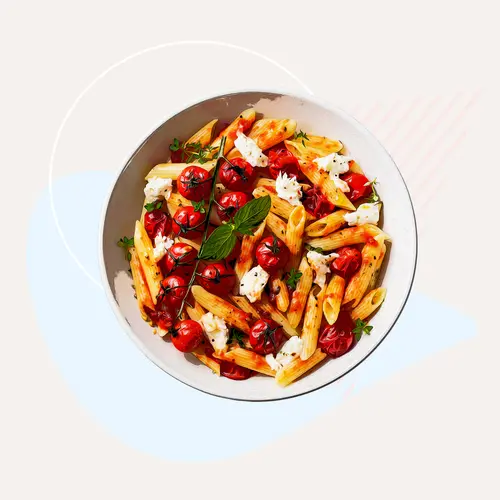Do your immune system a favor and pack more fruits and vegetables on your plate.
They're loaded with nutrients, called antioxidants, that are good for you.
Add more fruits and vegetables of any kind to your diet. It'll help your health. Some foods are higher in antioxidants than others, though.
Three of the major antioxidant vitamins are beta-carotene, vitamin C, and vitamin E. You’ll find them in colorful fruits and vegetables, especially those with purple, blue, red, orange, and yellow hues.
Beta-carotene and other carotenoids: apricots, asparagus, beets, broccoli, cantaloupe, carrots, corn, green peppers, kale, mangoes, turnip and collard greens, nectarines, peaches, pink grapefruit, pumpkin, squash, spinach, sweet potato, tangerines, tomatoes, and watermelon
Vitamin C: berries, broccoli, Brussels sprouts, cantaloupe, cauliflower, grapefruit, honeydew, kale, kiwi, mango, nectarine, orange, papaya, snow peas, sweet potato, strawberries, tomatoes, and red, green, or yellow peppers
Vitamin E: broccoli (boiled), avocado, chard, mustard and turnip greens, mangoes, nuts, papaya, pumpkin, red peppers, spinach (boiled), and sunflower seeds
These foods are also rich in antioxidants:
- Prunes
- Apples
- Raisins
- Plums
- Red grapes
- Alfalfa sprouts
- Onions
- Eggplant
- Beans
Other antioxidants that can help keep you healthy include:
Zinc: oysters, red meat, poultry, beans, nuts, seafood, whole grains, some fortified cereals (check the ingredients to see if zinc has been added), and dairy products
Selenium : Brazil nuts, tuna, beef, poultry, fortified breads, and other grain products
Cooking tip: To get the biggest benefits of antioxidants, eat these foods raw or lightly steamed. Don’t overcook or boil them.
Foods or Supplements?
Foods have many different nutrients and fiber, all of which work together. Supplements don't have that same mix.
If you can’t get enough fruits and vegetables in your diet, you may want to consider taking a multivitamin with minerals.
But chances are, you can get what you need from your diet. If you want to check that you're on track, ask your doctor or a dietitian.

